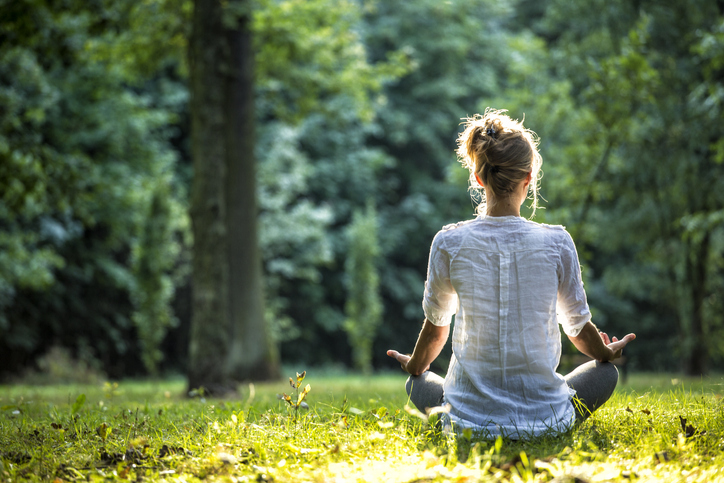By Beka Mullins, M.A., LPC Intern
Supervised by Jed Harris, M.S., NCC, LPC Supervisor
The psycho-social impact of the response to this virus might be greater than the virus itself. The disruption to our routine and way of life, the uncertainty and loss of control, and of course the economic strain will challenge the healthiest of people. Our efforts to contain the spread of this virus also interfere with or render impossible our usual efforts and investments in our mental wellness. We can’t go to the gym, to yoga class, take a cooking or art class, or even attend worship.
To get through this with our sanity intact, we may need to adopt new strategies and either modify or try new tactics.
Perhaps the most powerful way to start is by releasing what we can’t control and focusing what we can control.
Release what I can’t control
- how long this will last
- my family/roommate’s behavior or mood
- what items are in stock at the store
- posts on social media
- whether or not other people are practicing social distancing
- the government’s response
- if loved ones or I get sick
- the weather
Focus on what I can control
- my attitude
- how much I’m exposed to the news
- how I follow health care recommendations
- the time I spend online
- allowing myself to feel all the emotions
- what I do with my time and self-care
- how I practice social distancing
- the way I treat other people
Other Tips that Support Mental Health
- Establish regular, daily rhythms that give life to your mind and body. Go outside, talk to a friend, read, meditate, pray, drink water, eat healthy food, practice gratitude.
- Try out some relaxation exercises, deep breathing or yoga to calm your nervous system. We’re all in survival mode to some degree, with heightened stress response systems. Regularly practicing deep breathing and relaxation techniques will give your nervous system a break and restore a sense of calm.
- Create a quarantine bucket list of things you enjoy doing, things you’ve wanted to try, and things you’ve been putting off and now have time to do!
- Reach out to others. We need connection with other people in order to thrive mentally, emotionally, physically, and spiritually. Gather on your driveways or your balconies and talk to your neighbors. Get together with friends online for a game night. Technology gives us a major advantage compared to 50 years ago. Let’s use it!
- Be patient with yourself and others – we’re all doing the best we can to make it through this unfamiliar and weird time.
- Keep taking medications and vitamin supplements that have been prescribed to you.
Many mental health professionals are offering telehealth services now. (Therapy by video.) If you’re struggling, like most of us are, consider this resource to create a more personalized coping skills toolkit.
Editor’s Note: Beka Mullins is a Licensed Professional Counselor Intern supervised by Robin Rice, M.Ed., LPC-S. Beka works with children and teens helping them develop skills to live life with resilience. She works with an outstanding team at The Counseling Place in Richardson, TX. www.counselingplace.org
Read more at www.goodlifefamilymag.com


